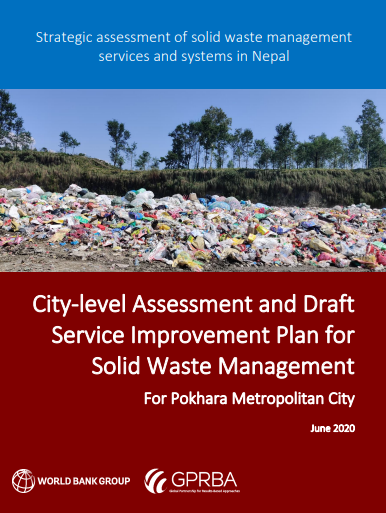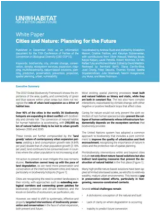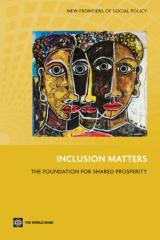
-
Country/City
Nepal
-
Topics
Policy and Governance, Technology, Financing, Urban Planning
-
Published On
June 1, 2020
-
Author(s)
The World Bank
Nepal is experiencing a shift from a unitary to a three-tier government structure. The transition has led to increased financial independence and decision-making responsibilities for urban local level (ULL) governments. Solid waste management is primarily the responsibility of the ULLGs. Legally, the ULLGs can also formulate their own regulations in order to manage the waste efficiently. The World Bank (WB), via the Global Partnership on Output-Based Aid (GPOBA), supported five cities (Dhankuta, Ghorahi, Lalitpur, Pokhara, and Tansen) in 2013 in addressing the challenges of efficient waste management, financial bottlenecks and the willingness of residents to pay for waste management services. The subsidy offered under the project was designed to diminish as cities achieved pre-defined outputs (technical and financial) leading to thus improving their waste management performance. Leveraging the success of the GPOBA, the WB aims to prepare a robust strategy for solid waste management (SWM) in Nepal. As part of this initiative, a detailed city level assessment of solid waste management service and systems in the project cities- Pokhara and Itahari is to be carried out in order to prepare a robust service and infrastructure improvement plan. This report is prepared for Pokhara Metropolitan City (PMC). This requires a thorough understanding of the solid waste management activity chain, identification of any service gaps, and provision of an end-to-end service delivery improvement plan. Further, key performance indicators will have to be identified against which output-based assistance can be designed and funded under the Nepal Urban Governance and Infrastructure Project (NUGIP).



